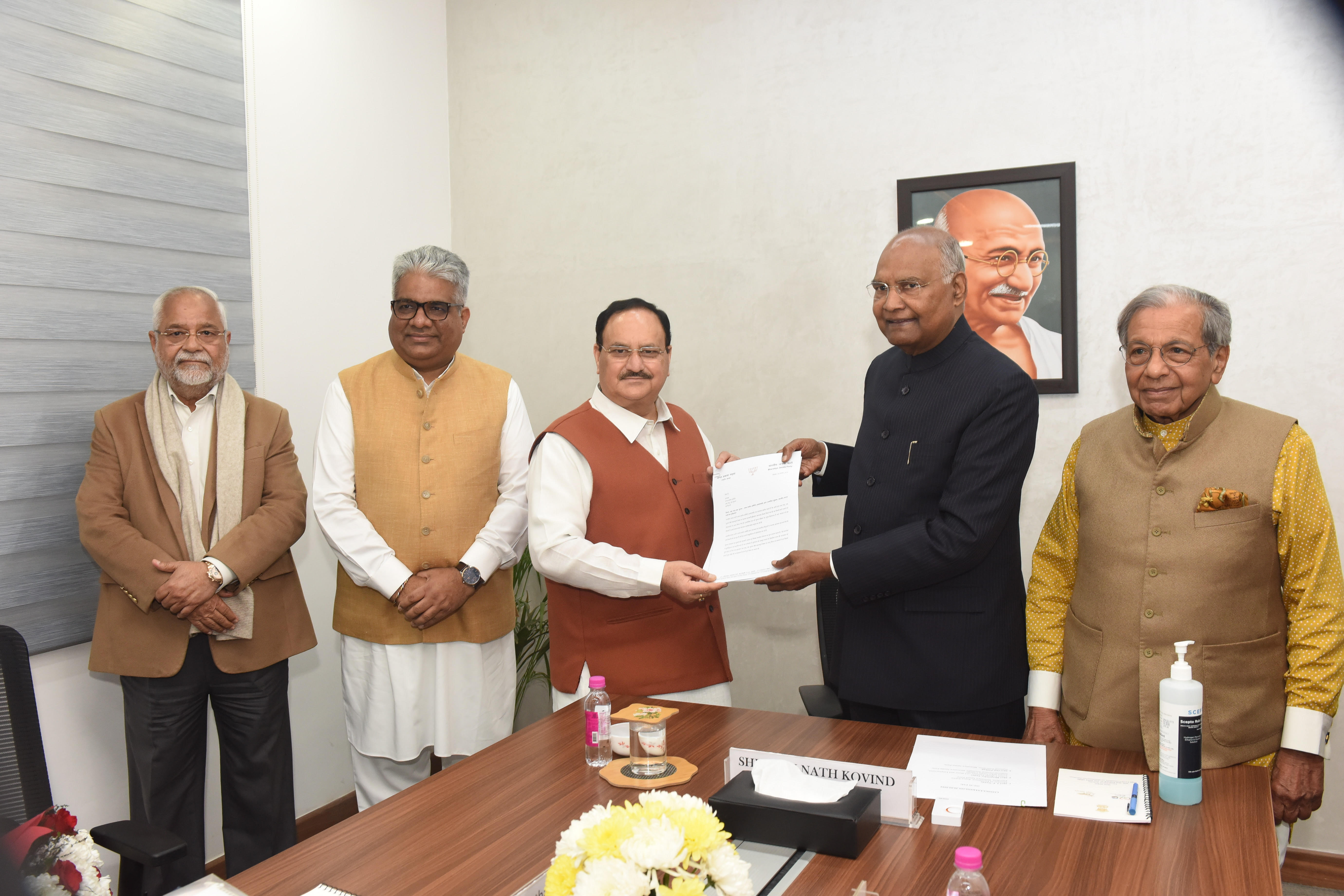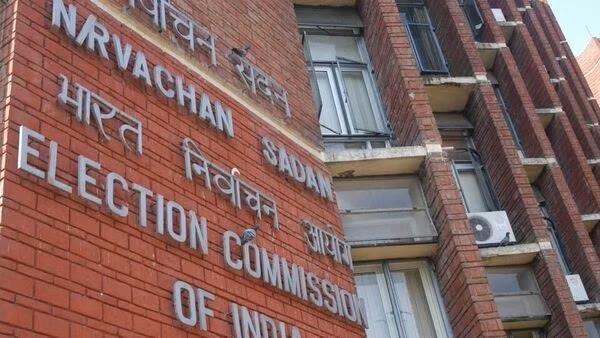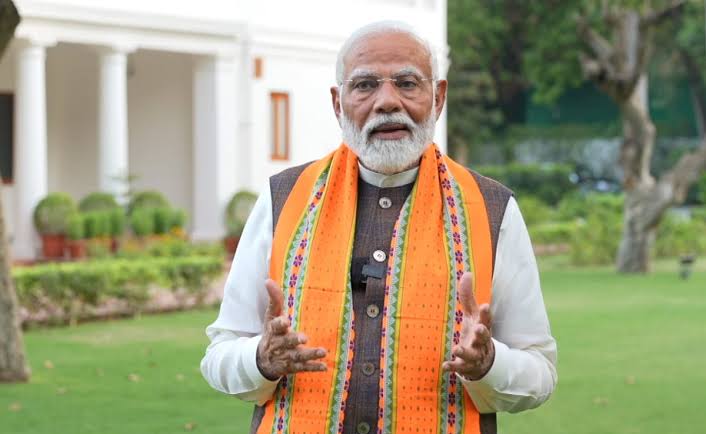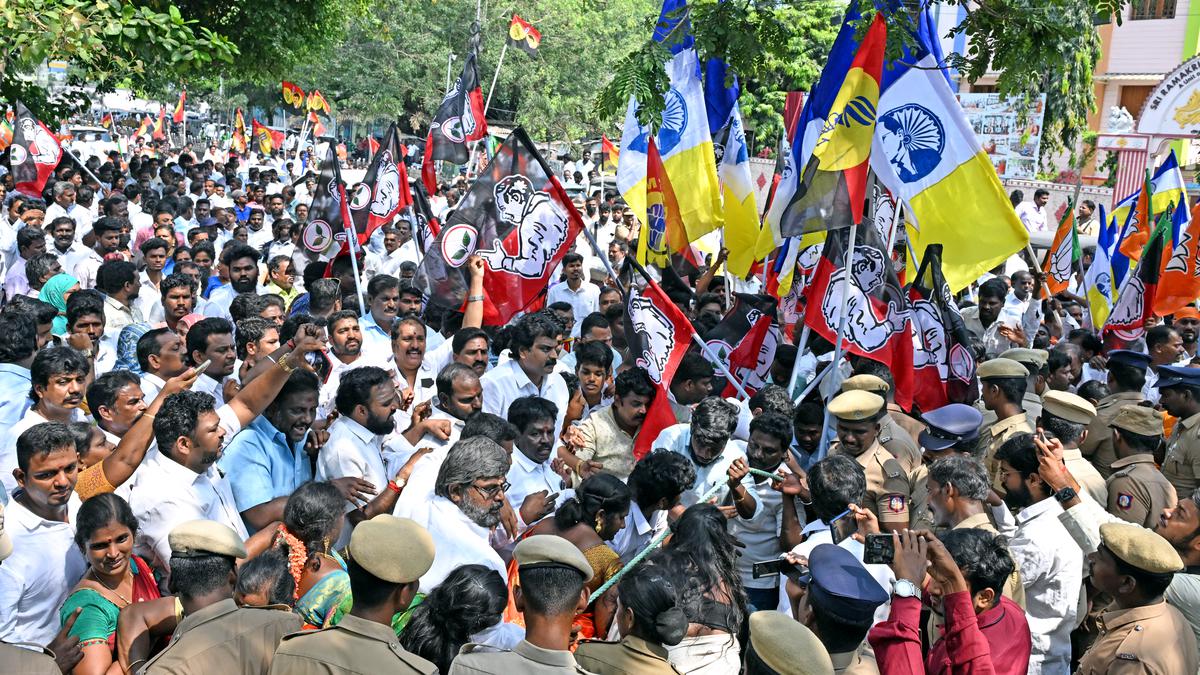The Bharatiya Janata Party (BJP) has emerged as a key proponent of the “One Nation, One Election” (ONE) proposal, throwing its weight behind the concept during a recent meeting with the High Level Committee (HLC) tasked with assessing its feasibility. This move by the ruling party adds a significant layer to the ongoing debate surrounding simultaneous elections across India, but questions remain about its widespread acceptance and potential challenges.
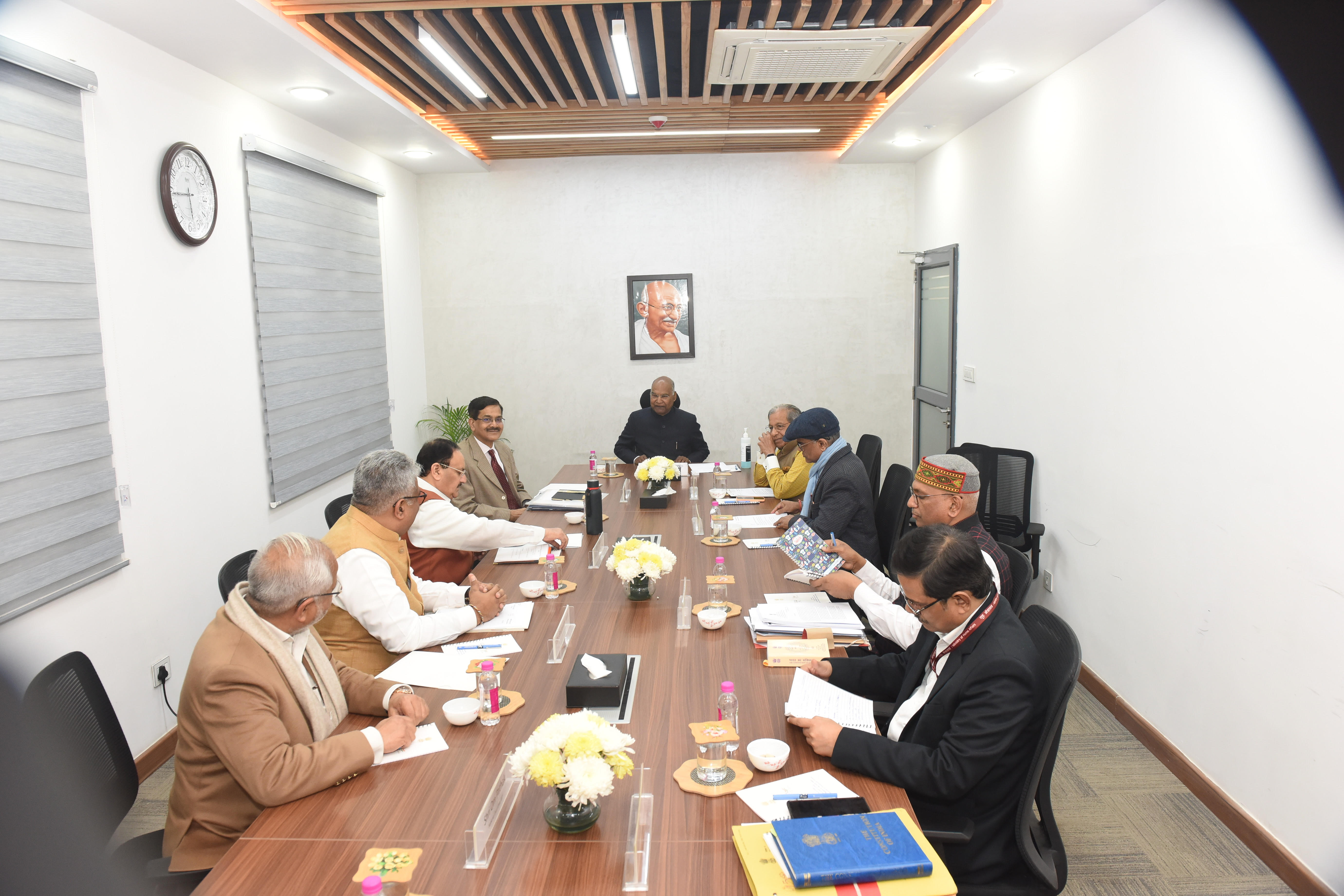 Leading the charge, BJP president J.P. Nadda submitted a memorandum to the HLC chairman, Shri Ram Nath Kovind, outlining the party’s stance on ONE. The delegation, also comprising Union Minister Bhupender Yadav and national executive member Om Pathak, engaged in a detailed discussion, reiterating the party’s belief in the proposal’s merits.
Leading the charge, BJP president J.P. Nadda submitted a memorandum to the HLC chairman, Shri Ram Nath Kovind, outlining the party’s stance on ONE. The delegation, also comprising Union Minister Bhupender Yadav and national executive member Om Pathak, engaged in a detailed discussion, reiterating the party’s belief in the proposal’s merits.
Proponents of ONE, including the BJP, cite numerous potential benefits. Reduced election fatigue and associated costs, streamlined governance cycles, and a curbing of disruptive poll-related disruptions are frequently mentioned advantages. The BJP, in particular, sees ONE as a way to enhance policy stability and focus on long-term development goals without the constant churn of electoral campaigns.
However, the path towards ONE is not without hurdles. Opposition parties like the Congress and regional outfits have expressed reservations, citing concerns about potential constitutional amendments, the impact on state autonomy, and the possibility of giving undue advantage to the ruling party. Some legal experts also raise questions about the feasibility of implementing such a drastic change within the existing constitutional framework.
Beyond political opposition, practical challenges loom large. The logistical complexities of conducting nationwide elections simultaneously, managing different electoral rolls and security arrangements, and ensuring voter turnout across diverse geographical regions are just some of the hurdles that need careful consideration.
The HLC, established in 2018, is currently engaged in extensive consultations with various stakeholders, including political parties, election officials, and legal experts. It is expected to submit its final report with recommendations later this year. The weight of the BJP’s backing undoubtedly adds momentum to the ONE discussion, but its ultimate success hinges on addressing the concerns of other parties, navigating legal complexities, and devising a workable implementation plan.

